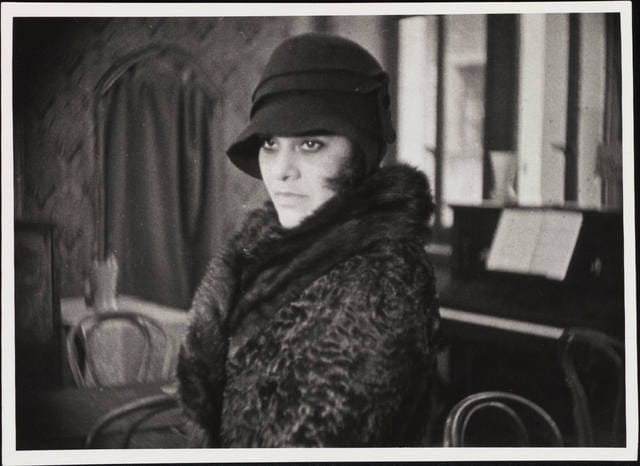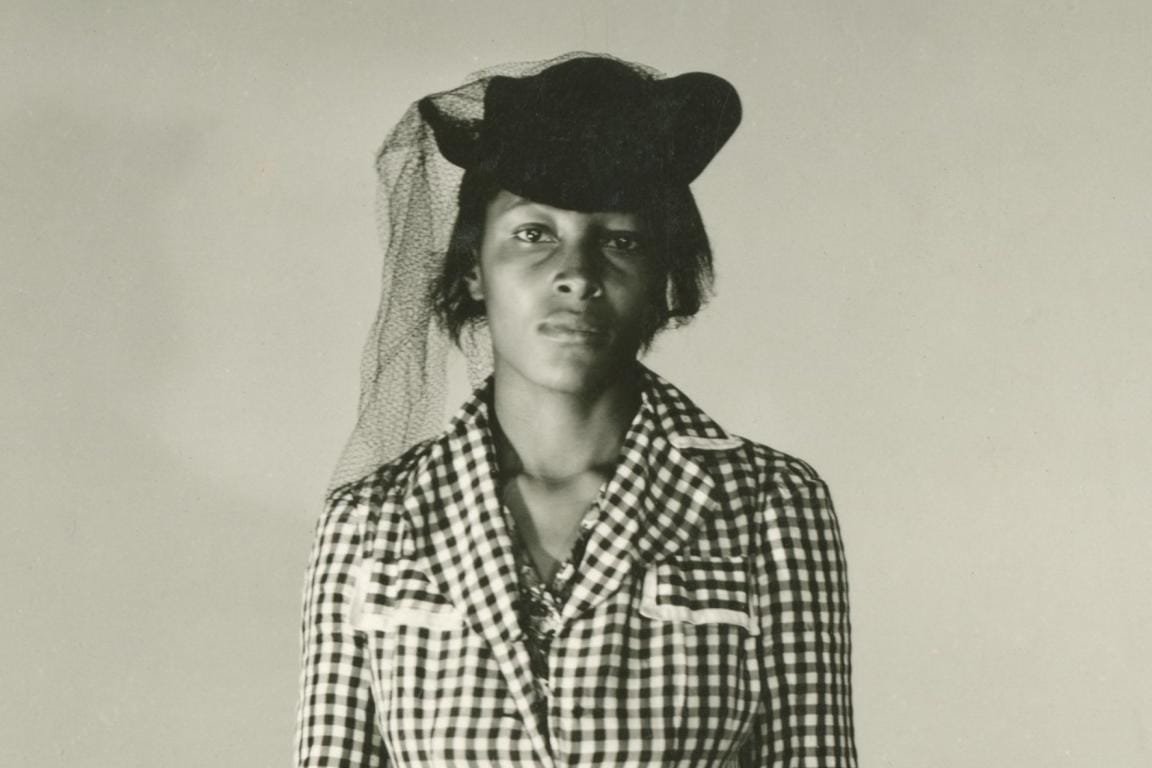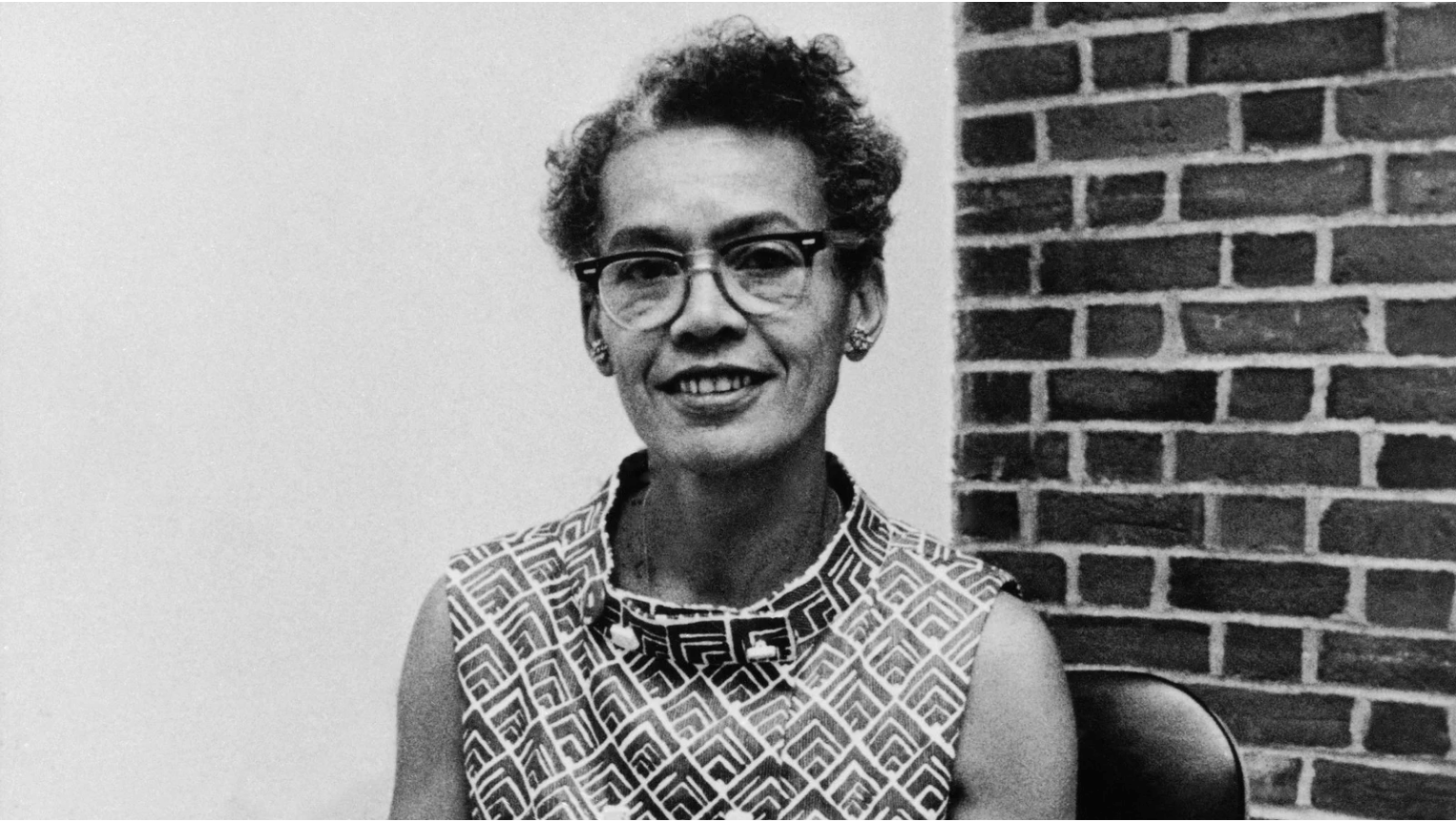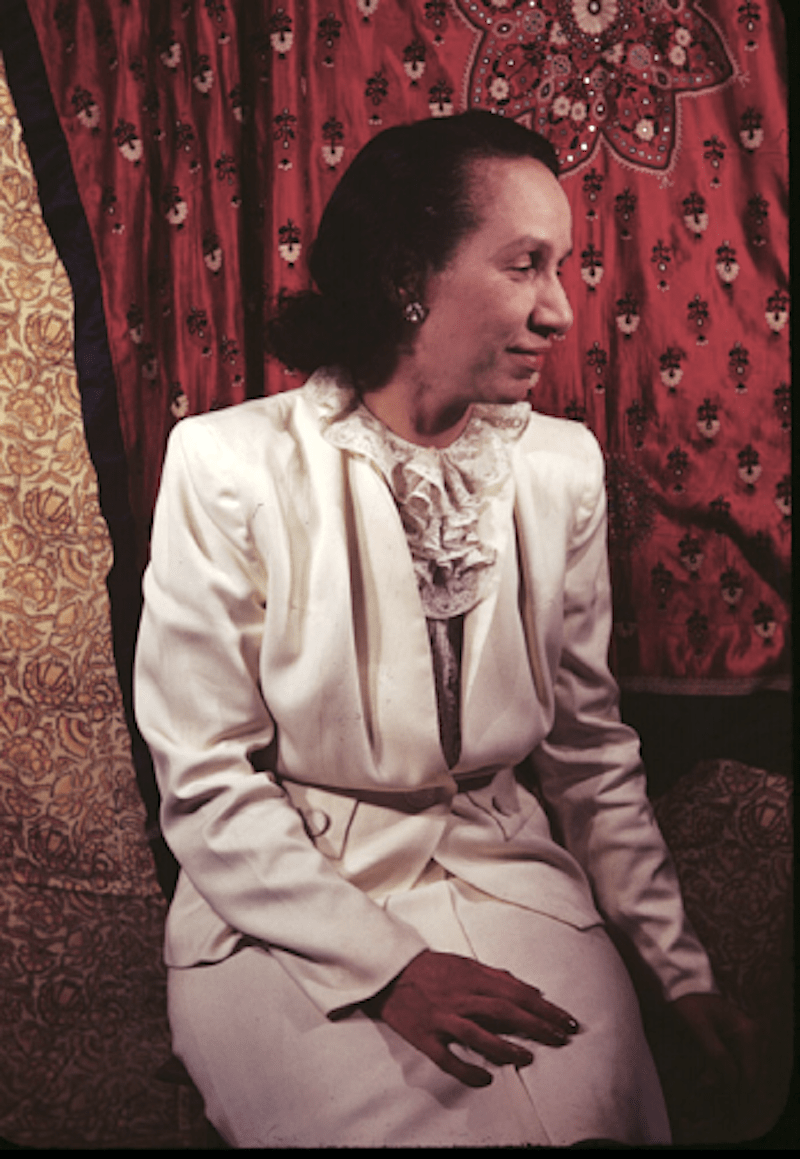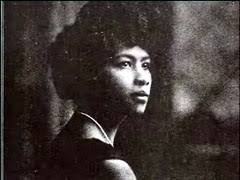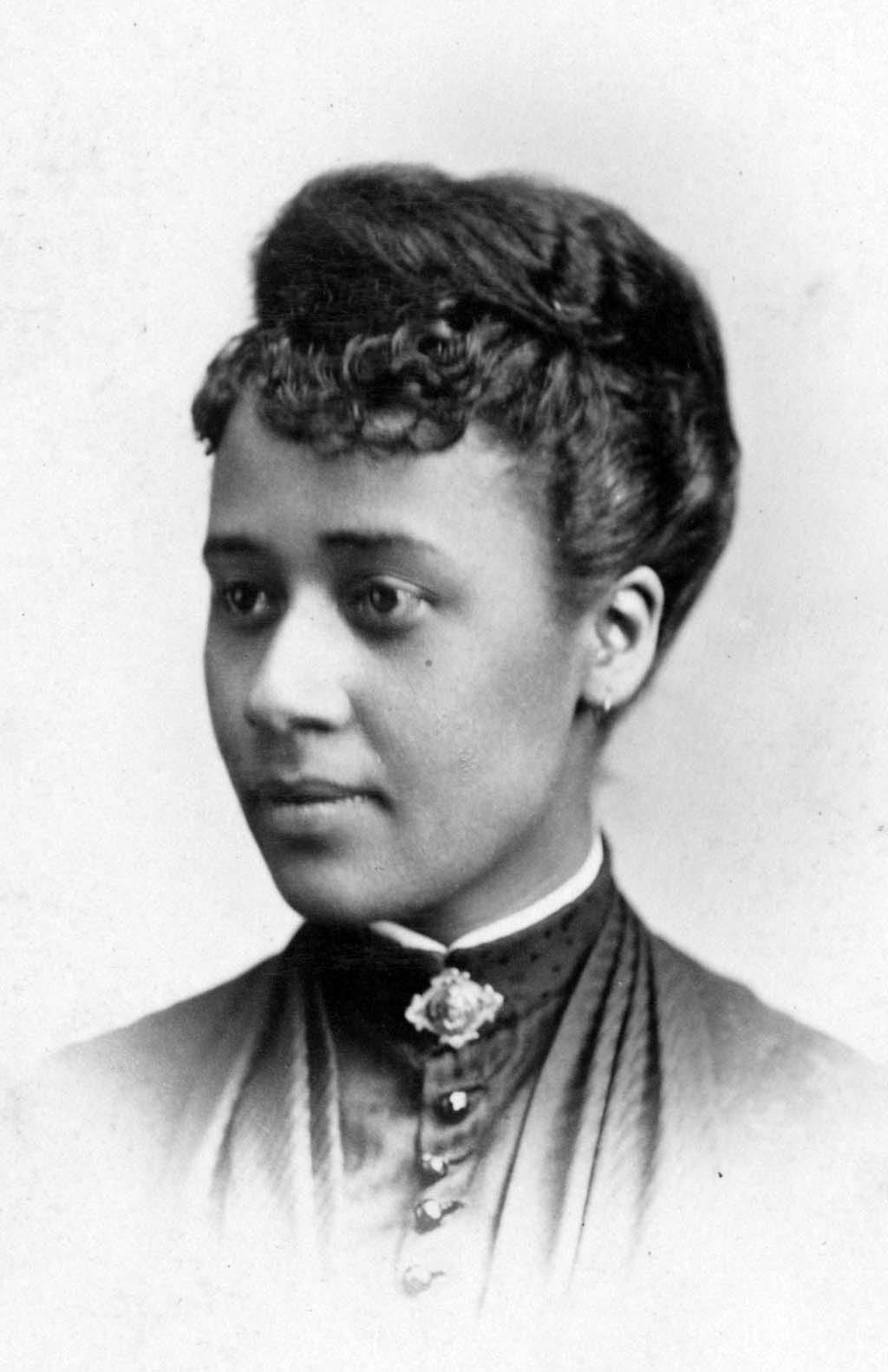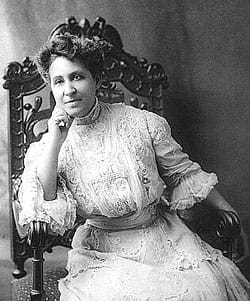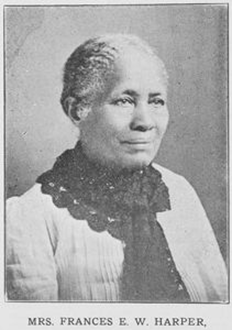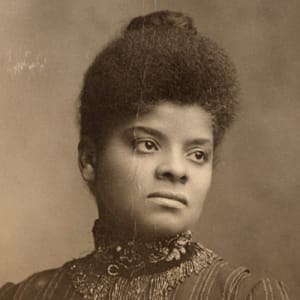Eslanda Cardozo Goode Robeson (1895–1965) was an American anthropologist, orator, writer, author, actor, civil-rights activist, and world traveler. She was married to Paul Robeson and played a large role in his success as a singer, actor, and political pioneer. Her work is expansive, as it addresses a variety of significant topics, including the New Negro Movement in Harlem, global decolonization movements, the civil-rights movement, Cold War politics, and more. In 1949, she published the book American Argument alongside Pearl S. Buck.
Category: Key People
Recy Taylor
Recy Taylor (1919–2017) was a sharecropper and mother. On September 3, 1944, at the age of 24, she was walking home from church in Abbeville, Alabama, when she was sexually assaulted by six white men. The crime was investigated by Rosa Parks of the National Association for the Advancement of Colored People (NAACP), and it received a lot of coverage in the Black press. However, as with many cases pertaining to violence against Black women, there was no indictment of the accused.
Pauli Murray
Pauli Murray (1910–1985) was a civil-rights activist, lawyer, women’s-rights activist, poet, author, and the first Black woman to be named an Episcopal priest in the United States. Murray helped form the Congress of Racial Equality (CORE) and the National Organization for Women (NOW). Murray was critical of how Black women, while doing a lot of the work, were denied opportunities for leadership within the civil-rights movement. Murray wrote several key texts, including Negroes Are Fed Up (1943), States’ Laws on Race and Color (1951)m and Song in a Weary Throat: An American Pilgrimage (1987).
Shirley Graham Du Bois
Shirley Graham Du Bois (1896–1977) was an author, playwright, composer, conductor, director, and activist. In 1932, she became the first Black woman to write and produce an all-black opera, Tom-Toms: An Epic of Music and the Negro. For a year, she served as the national field secretary for the NAACP. She wrote the biographies of famous Black Americans, including Booker T. Washington and Frederick Douglass. She was married to W. E. B Du Bois and fought for the rights of Black people alongside him.
Amy Jacques Garvey
Amy Jacques Garvey (1895–1973) was a Jamaican editor, feminist, and activist who played a pivotal role in the Pan-Africanism movement. She was also the second wife of Marcus Garvey and played a significant role in his life and career. In 1924, she became an associate editor of The Negro World and introduced a page called “Our Women and What They Think.” This section included international news about women, poetry, and more.
Anna Julia Cooper
Anna Julia Cooper (1858–1964) was a writer, teacher, and activist who advocated for access to education for Black people. Her book A Voice from the South by a Black Woman of the South (1892) is a classic Black feminist text. In 1924, she became the fourth Black woman in the U.S. to earn a doctoral degree and the first Black woman to earn a doctoral degree from the Sorbonne in Paris.
Nannie Helen Burroughs
Nannie Helen Burroughs (1879–1961) was a Black educator, orator, religious leader, civil-rights activist, feminist, and businesswoman. After being rejected from teaching roles, she created her own school, the National Training School for Women and Girls. In 1900, she gave a speech titled “How the Sisters Are Hindered from Helping,” which allowed her voice and work to be recognized on a national level.
Mary Church Terrell
Mary Church Terrell (1863–1954) was a prominent activist and teacher who fought for women’s suffrage and racial equality. After her friend Thomas Moss was lynched, she became involved in Ida B. Wells’ anti-lynching campaigns. Her activism was largely centered on the idea of “racial uplift,” and her words, “lifting as we climb,” became the motto of the National Association of Colored Women’s Clubs (NACWC, which she helped co-found in 1896). She was one of the founders of the National Association for the Advancement of Colored People (NAACP) and a co-founder of the College Alumnae Club. In 1948, she became the first Black member of the American Association of University Women after winning an anti-discrimination lawsuit.
Frances E. W. Harper
Frances E. W. Harper (1825–1911) was an abolitionist, poet, author, orator, suffragist, and teacher. She helped enslaved Black people escape through the Underground Railroad and frequently wrote for anti-slavery newspapers. She published numerous poetry collections and books, including Autumn Leaves (also published as Forest Leaves) (1845); Poems on Miscellaneous Subjects (1854), which was reprinted 20 times; Sketches of Southern Life (1872); and Iola Leroy (1892).
Ida B. Wells
Ida B. Wells (1862–1931) was a Black investigative journalist, researcher, educator, activist, and an early leader in the civil-rights movement. After the lynching of one of her friends, she began investigating and writing about lynchings. In 1892, white supremacists who were angered by her writings burned down her press and forced her to leave Memphis. She was the founder of the National Association for Colored Women’s Club (NACWC) and was one of the founders of the National Association for the Advancement of Colored People (NAACP).

